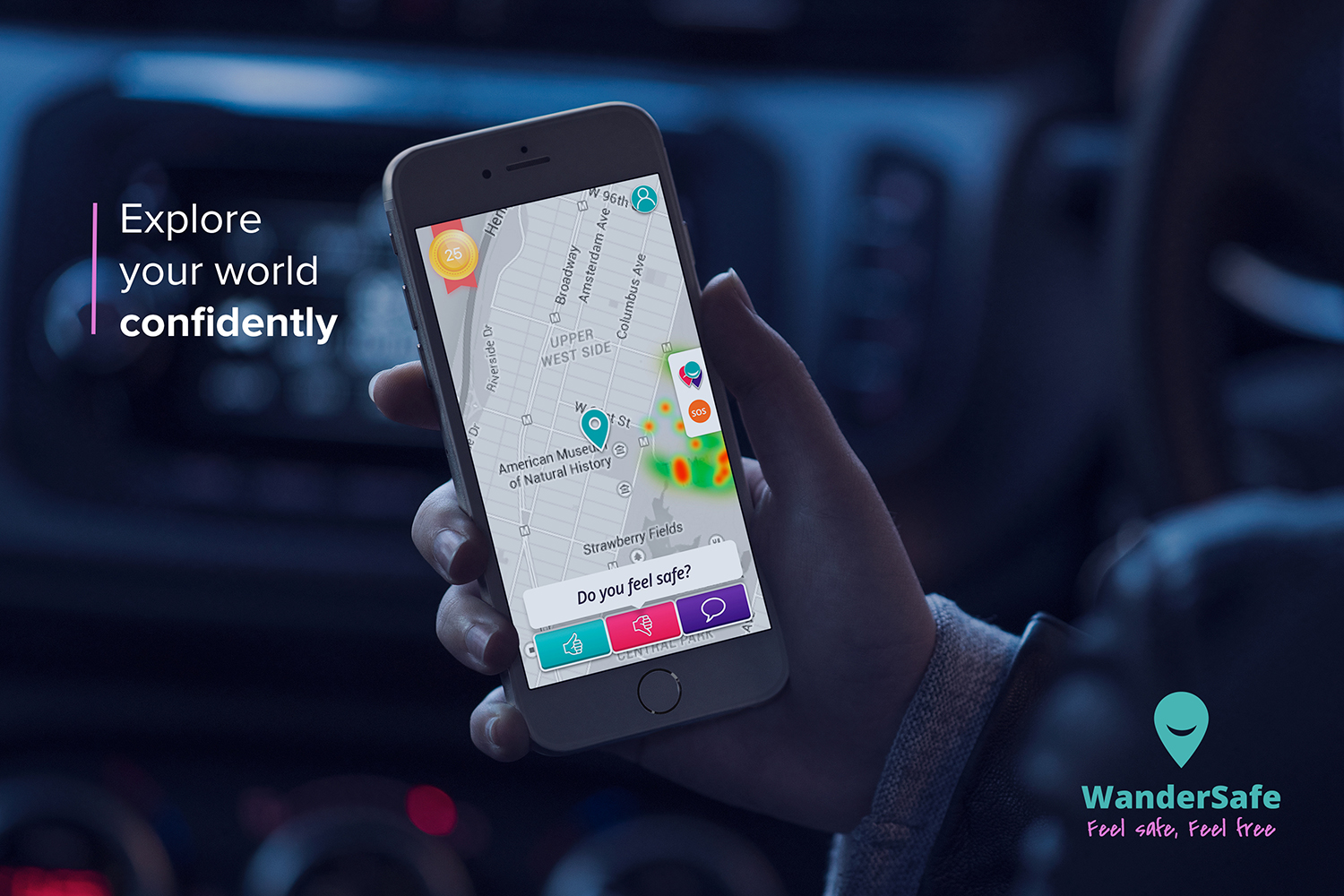Our need to stay connected is now right up there with our need for food, water, and cuddles. Whether you are a solo traveler or traveling with friends, you should be aware of the safest way to surf the net to avoid identity theft or phishing. Hotels and coffee shops might offer clean surrounds and great espressos, but be wise about the hidden dangers of connectivity, especially when abroad. Our Safety Expert in Residence, retired CIA officer Thomas Pecora, collaborated with us to compile these tips for safer surfing on the road. We’re on a mission to empower you to go everywhere better and safer, and we hope this wifi safety hacks covering the safe use of public internet will reduce the risk of an unfortunate situation when traveling solo.
Wi-Fi Roaming 101
To avoid the pinch of excessive data roaming charges and to prevent your device from getting friendly with a foreign network, keep your Wi-Fi off on your mobile devices until you want to use it. This will prevent your phone, tablet or laptop from automatically connecting to public Wi-Fi networks that often are unsafe due to the unrestricted nature of these networks which leaves all transactional data open to interception. Whenever possible, install and use a Virtual Private Network (VPN) on your mobile devices. VPNs are encrypted pipelines that allow us to connect to sites without as much of a risk of interception. A VPN client encrypts traffic between your device and the VPN server, which means it’s much more difficult for a would-be intruder to sniff your data. Without a VPN, data around financial transactions and when we transmit sensitive personal data (tax records, confidential work material, etc.) could fall into the hands of cybercriminals.
Avoid Public Charing Stations
Public charging stations are a huge
If you are a digital nomad, one of the smartest pieces of tech you need is an Ethernet cable. By connecting to the internet via the Ethernet cable we avoid the Wi-Fi and prevent most “through the air” attacks. You will often find that you will get an increase in the speed of your connections as you are tapping into the internet via cables and therefore you avoid fighting for bandwidth on overloaded Wi-Fi emitters. Another option, albeit an often more expensive one, is to use a personal hotspot. These devices can protect your online activities and encrypt your data ensuring that your activities are secure.
Ban Bluetooth & App Stores
In addition to encrypting your sensitive emails and files, keep your Bluetooth feature off when it’s not in use. Monitor your Bluetooth connections and avoid downloading or installing apps or other programs while traveling.
PRO TIP: Save your curiosity for local fare at the food stalls, not in an overseas app store. Only install and use apps that are encrypted and are well rated in your app store. Some apps may contain holes allowing hackers to access personal and private information found on your wireless device. Finally, review your locational services and apps that may transmit your location – is this the type of information you want out in the public domain?
If you absolutely need to use a public Wi-Fi, make sure your “sharing settings” are turned off. This will make it more difficult for hackers to get to your data. Be sure you are using the legitimate network of the location – check with the staff or signage before connecting.
If you just use the “Free Wi-Fi” network it may be a hacker’s own site where they are doing a “man-in-the-middle attack. Also make sure your firewall is on, that you are using strong passwords for your websites, email servers, etc. Finally, make sure you log off from any websites or services that you signed into and then go to your Wi-Fi settings and tell your device to “forget” the network to prevent it automatically signing on again.
Got a tip or story about public wifi when on a trip – please share below in the comments.


